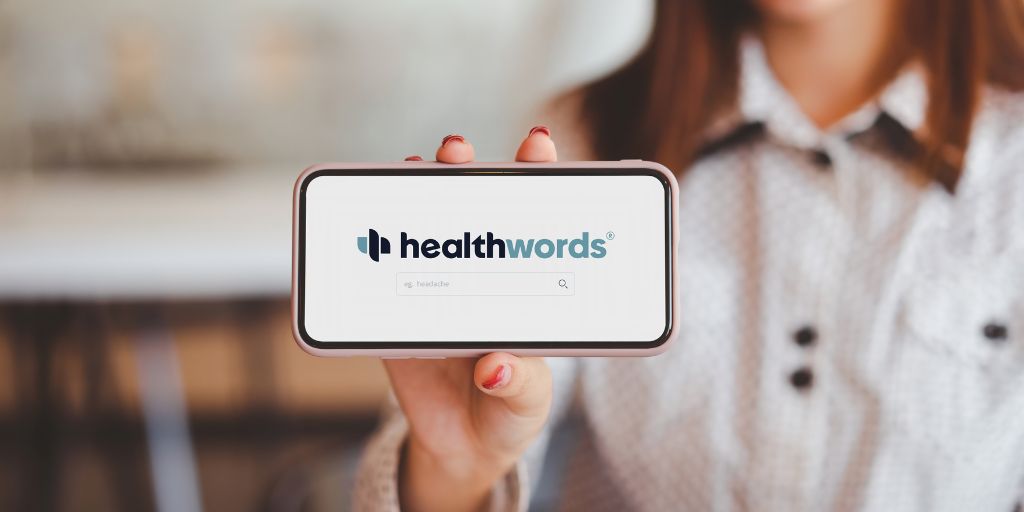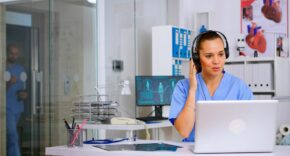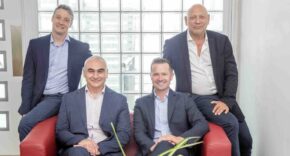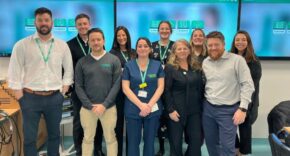
As the NHS recently celebrated its 75th birthday we saw widespread celebrations for all this national institution has achieved. However, as we reflect on the NHS’s remarkable work over the past seven and a half decades, and indeed look to its future, it is hard to ignore the enormous pressure under which the service is buckling.
The NHS is facing mounting challenges with rising demand, funding levels and both the retention and increasing of staffing numbers. As of April 2023, 7.4 million people were waiting for treatment in the UK. More than 3 million of these patients were waiting over 18 weeks and 371,000 waited over a year for treatment. Clearly, action needs to be taken. Streamlining healthcare processes through new technology will inevitably be at the heart of the solution. One example of how new health tech can increase efficiencies is by using fast-emerging artificial intelligence innovations to relieve pressure on GP services.
GP workload has risen considerably in recent years without a matched increase in either workforce size or funding. There are simply not enough doctors or appointments to meet demand. This has led to soaring wait times and record-breaking low levels of satisfaction with the NHS. Generative AI offers a unique solution to improving efficiency and reducing the number of unnecessary GP appointments that are currently draining resources.
More than 18 million GP appointments and 2.1 million visits to A&E are for self-treatable conditions, such as coughs and minor stomach problems, costing the NHS more than £850 million a year. This cost could be hugely reduced by applying conversational AI technology to healthcare and making use of chatbots similar to ChatGPT which would allow people to input symptoms and questions about their health and receive 24/7 access to verified medical content and self-care advice.
It’s important to note that this technology would not be suitable for addressing all conditions. GPs are there to provide safe and comprehensive care to patients and so anyone with serious concerns about their health would still need to seek advice from a qualified doctor. However, for those simply seeking advice, or with symptoms that are easily treated by over-the-counter medication, having free, round-the-clock access to reliable healthcare information, symptom assessments and self-care advice would be transformative.
This technology would not only promote proactive patient engagement but also, crucially, improve accessibility. For people with work or childcare responsibilities restricting their ability to get an already elusive GP appointment, this shift towards self-care patient empowerment would save them time with the added benefit of lessening the strain on NHS resources.
To be clear, I am not talking about replacing doctors with machines. Using AI in this way would support overwhelmed NHS services by effectively triaging those with the most easily treatable minor conditions into self-care and freeing up GP appointments in future for those who need them most.
Clinova, the consumer healthcare business which I advise, has recently launched Healthwords, a platform which uses AI to do just that. Healthwords is one of the world’s first conversational AI tools solely focused on providing healthcare advice and self-care products in the UK. It offers an end-to-end solution for self-care, providing users with 24/7 access to fast personalised healthcare advice based on their individual needs, and the ability to order self-care medication online. We need more of these kinds of innovative solutions.
75 years from now, the landscape of healthcare in the UK will be transformed from what we see today. The technologies in use will be unimaginably different, just as much of the NHS equipment of the 1950s seems to us now. Integrating generative AI into self-care is certainly not a one-stop solution to relieving all the pressures facing the NHS, but it holds tremendous potential for supporting our GPs, empowering our patients and conserving resources to ensure that the NHS carries on delivering its vital work. Through using these technologies and others on the cutting edge, we want to be part of the solution, imagining the unimaginable.
Sir Simon Burns is the Government Liaison Officer at Clinova and the former Minister of State for Health.











